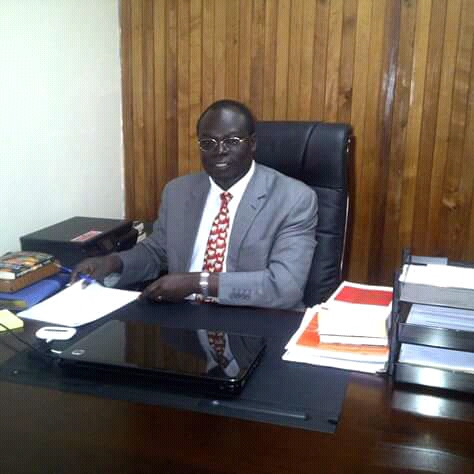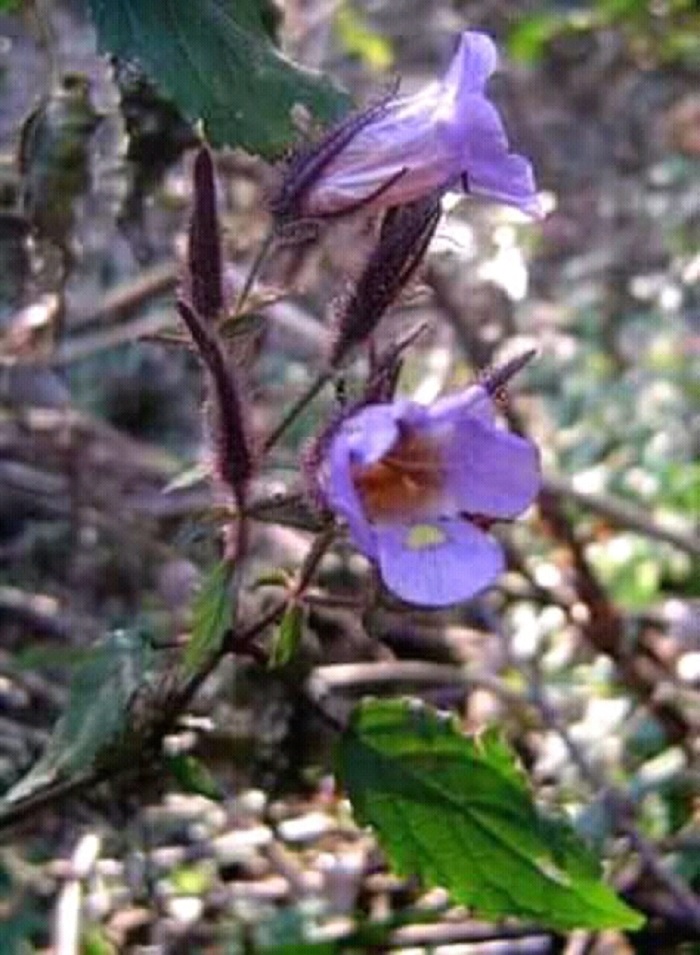An alleged impending bad omen following the recent flowering of a mysterious plant in the Kipsigis land has divided the community down the middle on the boys’ circumcision ritual.
The community is in disagreement on whether grown up boys will be circumcised this year or not.
The Kipsigiis community has over the centuries believed that circumcision of boys was prohibited during a year that the woody herb locally called Setyoot flowers.
They believe that the initiates would tremble and become susceptible to mysterious ailments if the belief was not followed
While Christians are against this conviction, claiming age old superstitions should not be allowed to deter development, traditionalists have cautioned that dare consequences would befall those who will go ahead to circumcise their boys this year.
This claim, however, has no scientific proof.
The woody plant botanically called Mimulopsis Solmsii is reported to have flowered in virgin thickets in most parts of Kericho, Bomet and Narok counties in areas occupied by members of the Kipsigis community.
Commenting on the situation, Bishop Dr. Robert Kipkemoi Langat of the Africa Gospel Church (AGC) called on members of his denomination who had scheduled to have their boys circumcised this year to go ahead with their plans saying this was a superstitious belief which should be discarded.
Bishop Langat said although the AGC Church respected Kipsigis culture, it would be ridiculous for them to succumb to the return of retrogressive beliefs that had negative effects on the people.
He said the Mimulopsis Solmsii had, according to historians and Anthropologists Gerald Fish and Bunny Fish, in their book, the Kalenjin Heritage (1965), flowered in 1910, 1918, 1926, 1932, 1940,1948 etc. and the latest was in 2012.
The bishop said he himself, alongside many other boys, were circumcised in 1980 when the ominous herb allegedly flowered “and nothing has befallen us to date.”
“In fact in the last 50 years, I have never heard any halting of circumcision due to the flowering of this plant and it has following its natural course,” the Bishop asserted.

Commenting on the contentious issue, a die-hard traditionalist, Mzee Kibool Oeng’ of Bureti sub-county, told KNA that the Kipsigiis council of elders would meet this Friday in Kericho, to discuss the issue and give a comprehensive statement.
The social media and vernacular FM radio stations have lately been awash with stories on the mysterious plant, some of which are scaring as they alleged terrible consequences if the boys would be circumcised this year.
Boys among the Kipsigiis are normally circumcised around the age of 14 to 16 years.
Some undergo the rite of passage in traditional ceremonies while others have embraced the Christian system where the youths are confined in Church compounds for a month and taught the Christian ethics and morals.
Those who opt for the traditional circumcision ceremonies are often secluded away from the public eye in small grass huts mainly at the hedges of thickets where they undergo solemn ceremonies.
Whether to circumcise or not, now depends on the boys’ parents but it is evident that most of the Christian children will undergo the rite as many pastors interviewed said the ceremonies would be held without fail.









Leave a comment